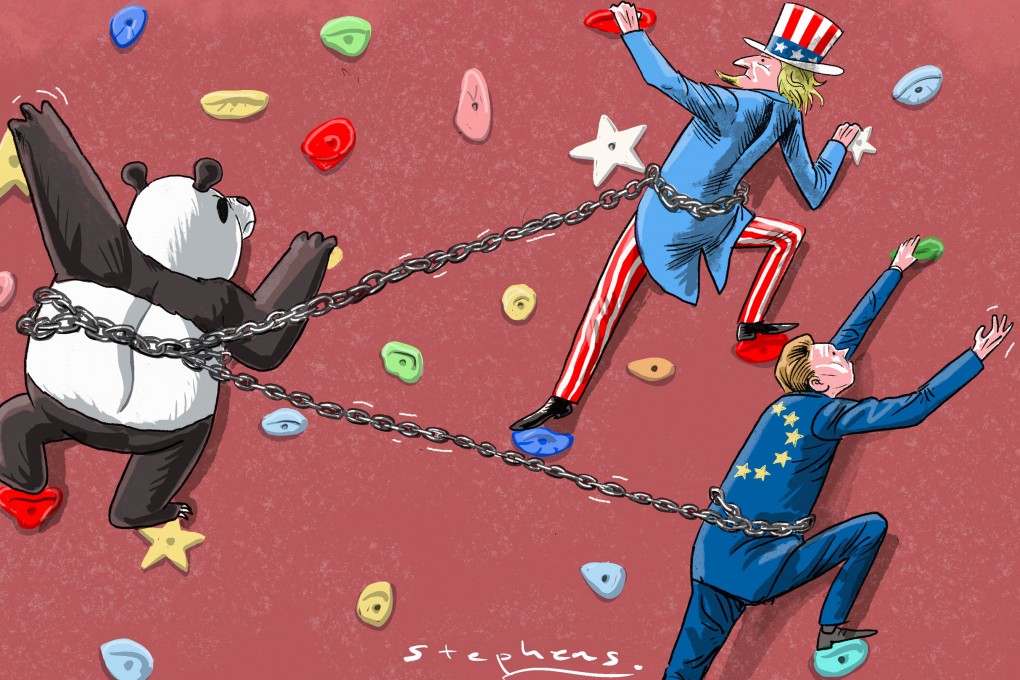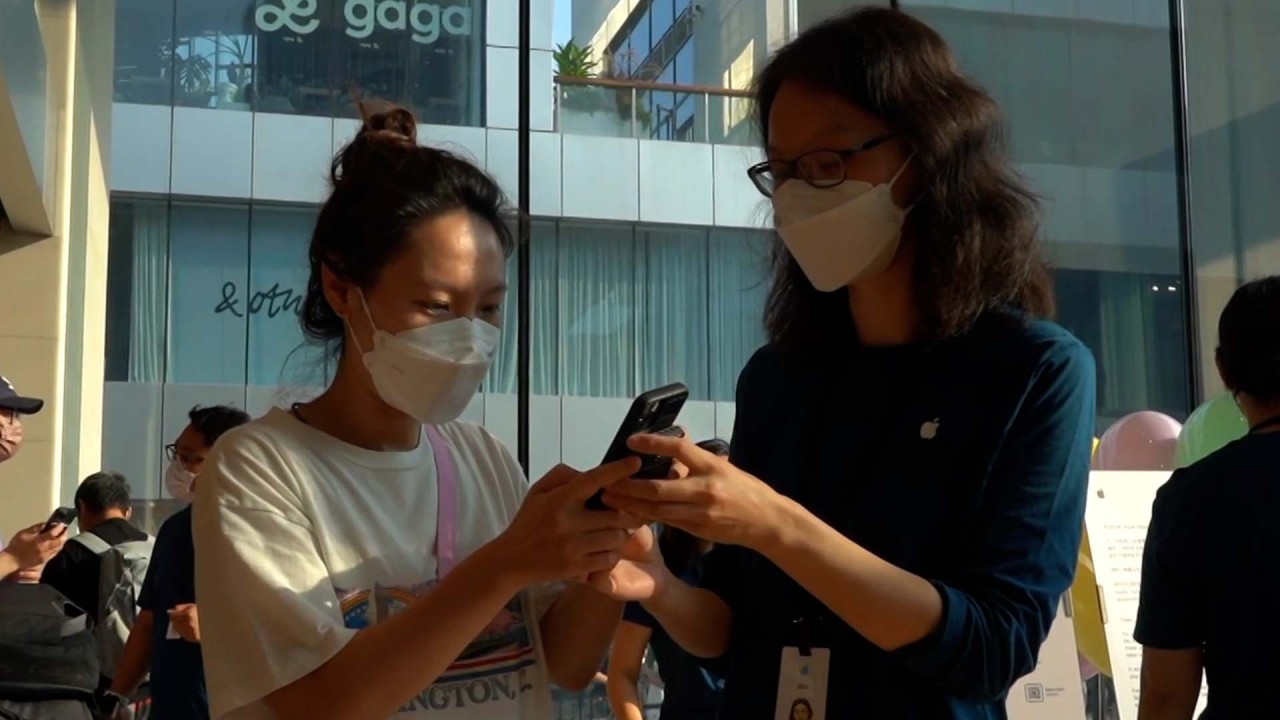Advertisement
Opinion | Western ‘de-risking’ from China without decoupling makes little sense and only aggravates tensions
- G7 nations and their Western allies have made clear their intent to ‘de-risk’ ties with China without fully decoupling
- However, the inability to clearly define the term and differences of opinion between allies on how to proceed could render the efforts ineffective
Reading Time:4 minutes
Why you can trust SCMP
18

The recent warning by Nvidia CEO Jensen Huang that the United States risks “enormous damage” if it continues to escalate the chips war brings into focus yet again the ill-defined approach of “de-risking” without decoupling. The leaders at the recent Group of 7 (G7) summit affirmed this approach but offered few clues as to what they mean.
That has left policymakers and businesses with many questions. What risks do you de-escalate? Given long-running interdependencies, how do you do so? Which carrots and sticks work best? For which goals? When do you start and stop? How does Chinese policy factor in? What measures success?
This thicket of confusion adds to the mess surrounding the tense relations between the world’s largest industrialised democracies and China. Mutual self-interest has been shunted aside as governments act at cross purposes with skirmishes of retaliation, including office raids by Beijing and US trade bans.
Meanwhile, companies are telling China “we’re back”, as the panel discussion featuring JP MorganChase CEO Jamie Dimon did in Shanghai this week. The participation of almost 3,000 attendees at that event underscores how global companies need a strong base in the world’s second-largest economy even as they diversify operations through friendshoring and expansion in emerging markets.
Businesses are eager to exploit opportunities arising from the ambiguities around de-risking. Starbucks is one example with its bold plans to open 9,000 new stores in China by 2025. By some estimates, Apple produces at least 95 per cent of its iPhones, AirPods, Macs and iPads in China while generating about one-fifth of its revenue there.
This paradox – higher profits requiring deeper ties and greater risks – has imperilled de-risking without decoupling ever since the approach became the template for the West’s diplomacy towards China. EU Commission President Ursula von der Leyen was among the first to use the phrase in a speech in January. US National Security Adviser Jake Sullivan did likewise in a major address in April, and the G7 summit in Hiroshima, Japan, late last month institutionalised the doctrine.
Advertisement

